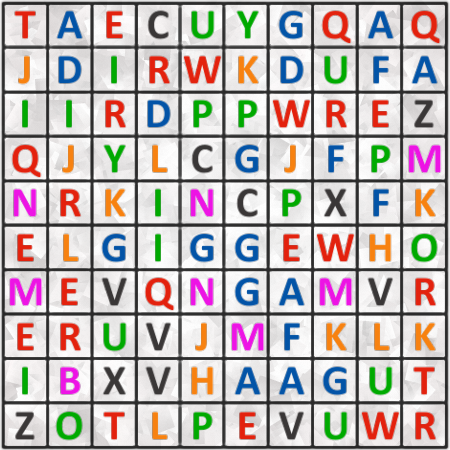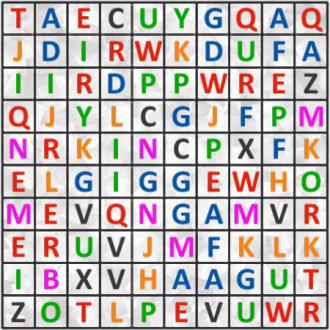Find a famous person
Find the first and the last name of a famous person. Text may go in all 8 directions. Length of words in solution: 5,6.Correct answers: 35
The first user who solved this task is On On Lunarbasil.
#brainteasers #wordpuzzles


